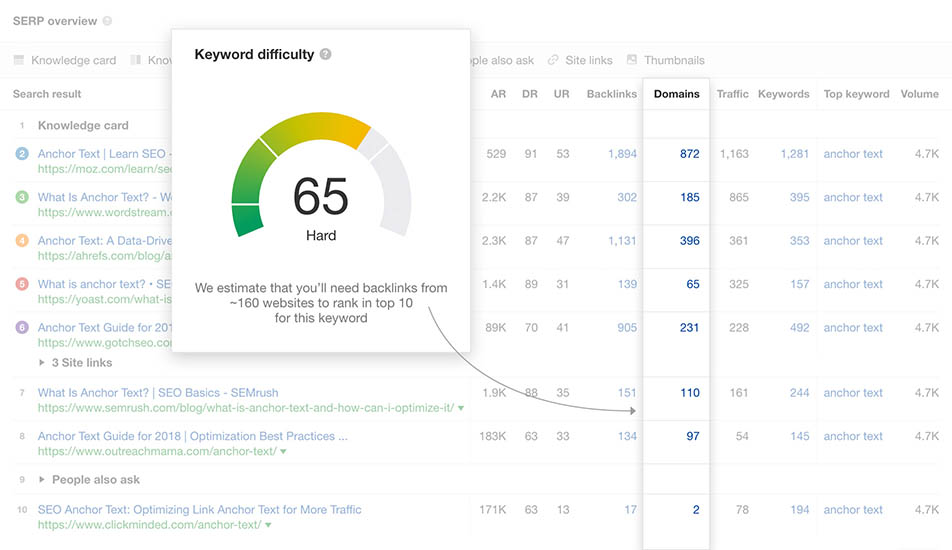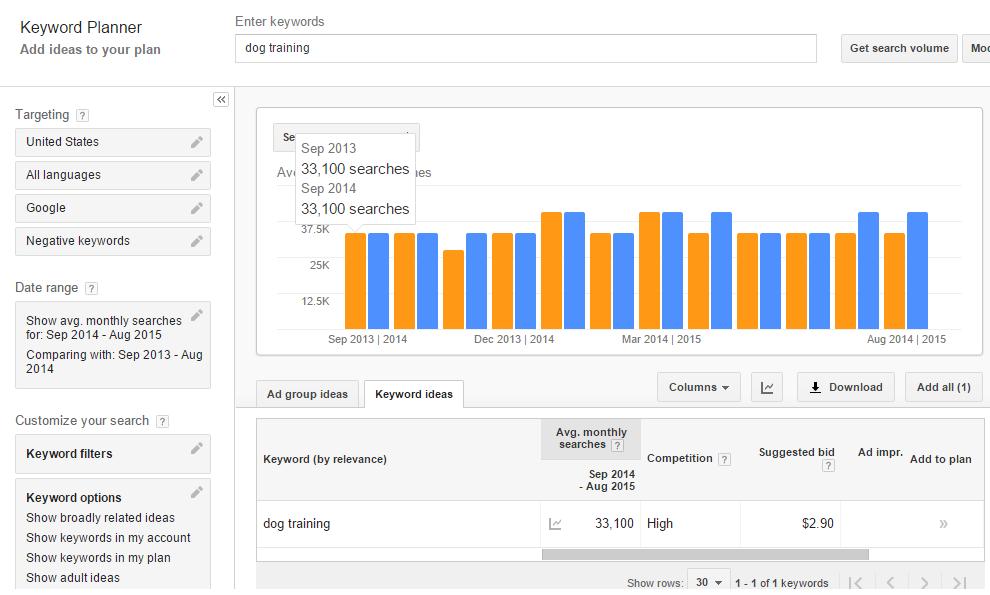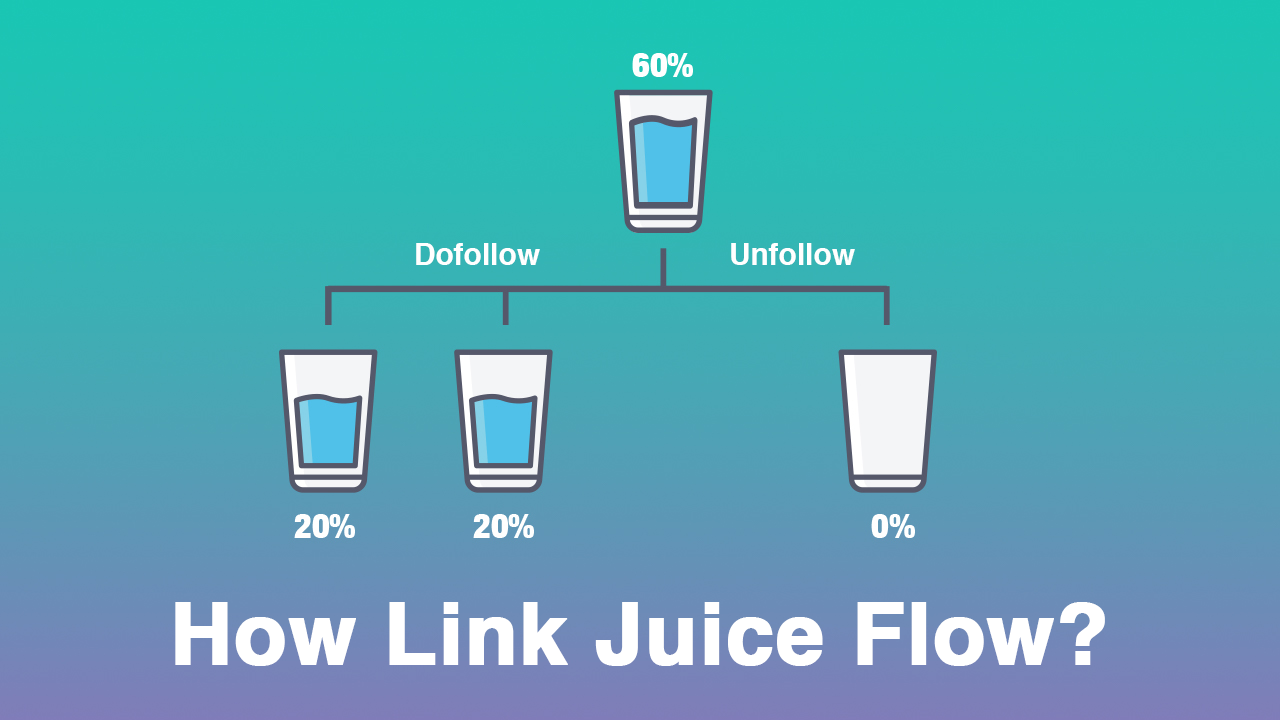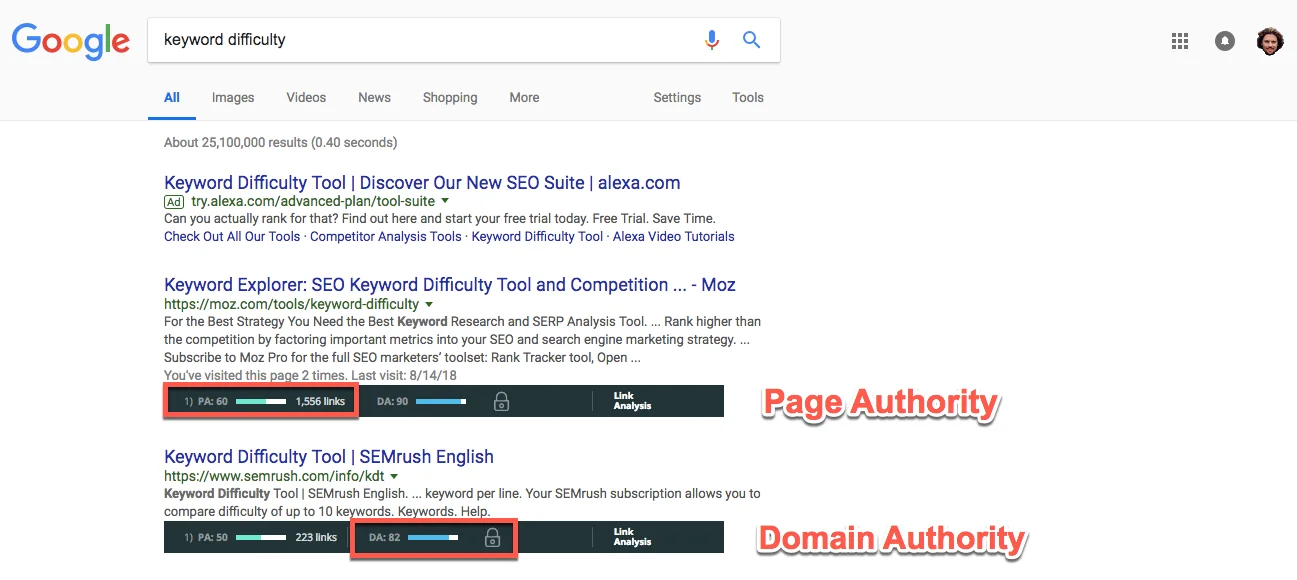

2022-02-08 12:00:00 AM | 1718 ![]() Print
Print ![]() PDF
PDF
This is one of the most conscious statements by any new SEO beginner because prior considering the factors of ranking a keyword on search engine top 10 list, you need to know the difficulty of actually ranking for the same keyword, you need the competitiveness index or score to guide you as you work on your KPIs (Key Performing Index) in achieving your goals of ranking your keyword on Google first page.

There are online tools that can help you to automate the process of calculating the keyword difficulty score of a given keyword to rank on Google 1st page result, but I will be discussing the basis to actually manually do this because different tools utilize different metrics (additional index score) to get their results.
We need to first understand the basis of demand and supply if we are to get how the keyword difficulty index works, you need to see Google search engine as the marketplace while the website it displays as the service provider aka the supply, and its users are the customer aka the demand.
For illustration purposes, let's say we want to rank for a keyword phrase for our website called dog training, you need to search for the same keyword on Google, wrapping it in quotation marks, like this “dog training” rather than dog training. The number of results it displays to you is basically exact match keywords in contrast to the result you will get when you type in just dog training (which has more results than the latter).

We need to take note of the number of supplies (About 18,600,000 websites) for this service or product ("dog training"), what is left now is to find the demand for the service, and to do this we will need a free keyword research tool, no better tool than Google keyword planner itself.

Already from the keyword planner we can see that the average search volume (demand) of people searching for the phrase keyword dog training is 33,100 and if you are going to be doing a PPC (pay per click) you will have to pay high (competition for the bidding). So an alternative will be to utilize SEO for this keyword, now that we have our two metrics to determine the keyword effective index we can now calculate our score.
The demand for a keyword – the number of people conducting a search using the keyword = 33,100;
The amount of supply for a keyword – the number of websites that exist to supply that demand, i.e. websites that contain the keyword = 18,600,000
KEI = 18600000 / 33100 = 561.934
to measure it in percentage in other to get a Keyword Effective Score = 561.934 / 10 = 56.2 (This easily translate to a high competitive keyword)
The lower the KEI, the better your chances of ranking.
The greater the KEI, the lesser your chances of ranking.
For Keyword effective score, we have 3 means of measuring difficulty, ie Hard (100-50), Medium (50-20), Easy (20-0).
But nowadays we have other metrics that are being added to a keyword difficulty score, which are Domain Authority, Page Authority, and Link Equity because we are vying to rank a keyword based on the competitiveness of the other display websites we need to put into consideration those other three (they are the major important factors, whilst less important factors that are not correlated with KEI eg keyword in domain, domain age, etc).
The Domain Authority and Page Authority are metrics used in SEO to estimate how much link equity a page or a domain contains. The image below illustrates how this is being calculated based on the type of link juice you pass from an authority page to your page, which provides an estimate of the SEO equity of the said page or URL.
Link equity is as good a place as any to start when conceptualizing domain authority and page authority. An outbound link from a page contains as much link equity as the inbound links (external and internal) pointing to it. So, if you have two pages, Page A and Page B, with Page A having more inbound external links than Page B, an outbound link from Page A is going to contain more link equity than an outbound link from Page B (assuming the inbound links are coming from pages with the same level of authority). Page authority measures link equity at a page level. Domain authority measures it at a site-wide level. While domain authority is a strong indicator of the quality of an inbound link, page authority usually corresponds more directly with Google rankings, because it offers a more granular look at the backlink profiles of the indexed pages.

Because keyword difficulty gauges the competitiveness of the top 10 pages in the SERP you’re vying for, you can estimate how “difficult” a keyword is going to be to rank for by looking at the domain authorities and page authorities of the pages listed. From the image reference below we can see that the page ranking above the other for the keyword has more link juice and a peculiar higher ranking for page authority (giving more prefrence).

image illustration courtesy: wordstream.com
This is only used to add more metric value to the ranking difficult index of a keyword, as this metric does not put into consideration of organic CTR, which can make the 2nd ranking URL to be placed above the current 1st ranking URL. Finally, it is not all about having thousands of links to your pages but having high-quality links, because a website having over 5000 links from low websites will not achieve result compare to another that focus on 1000 high-quality backlinks with a good structure dofollow and nofollow reciprocal, one-way links.
Recommended Read: How To Do SEO Keyword Research
Conclusion:
Follow the basic rule of calculating the KEI score and you will be able to avoid keyword phrases that will take much time for you to rank, using our SEO analysis tool you will be able to avoid such errors and meticulously spend more time on keyword ranking that works or improve on your current ranking.

I am a seo web analyst and have a love for anything online marketing. Have been able to perform researches using the built up internet marketing tool; seo web analyst as a case study and will be using the web marketing tool (platform).
How To Fix Cloudflare Error 522 Connection Timed Out
How To Optimize Cache Performance via HTACCESS Apache Server
How To Fix GA4 Showing Wrong Domain Traffic
How To Reactivate Google Adsense Account
How Do You Write Pitch Deck That Wins Investors
Effective Lead Magnet Funnel Examples For Businesses
How To Promote FMCG Products Using Digital Marketing
The Main Objectives Of SEO in Digital Marketing
How Artificial Intelligence Is Transforming Digital Marketing
Google CEO Sundar Pichai: Search will profoundly change in 2025